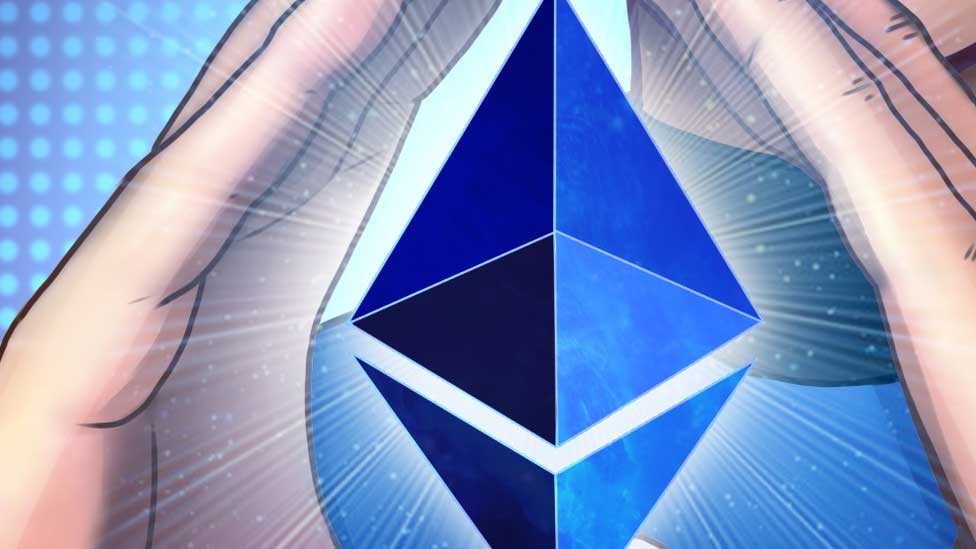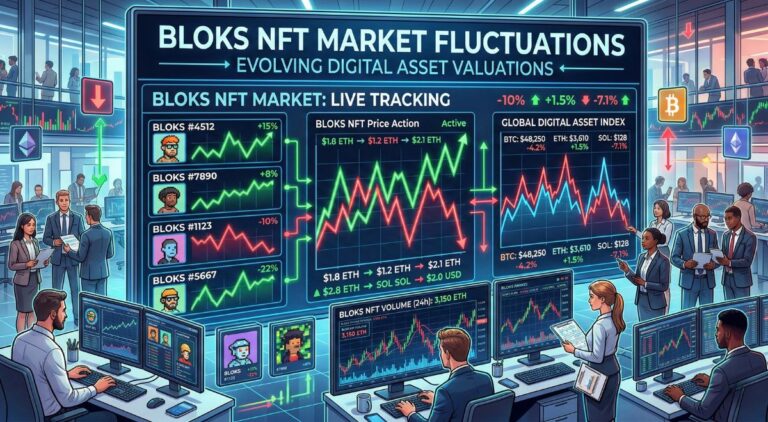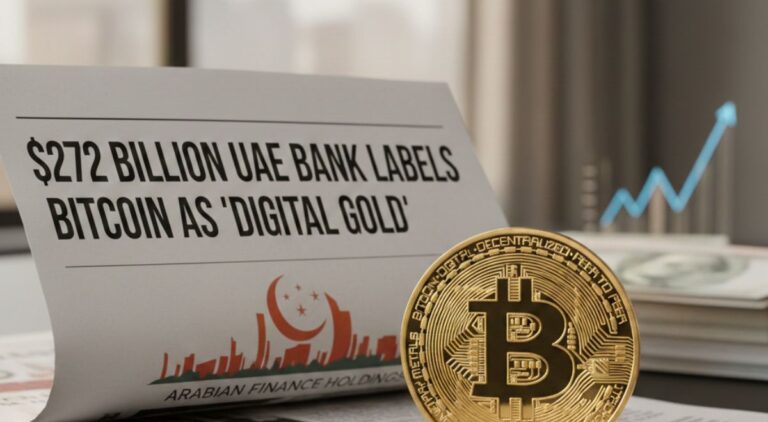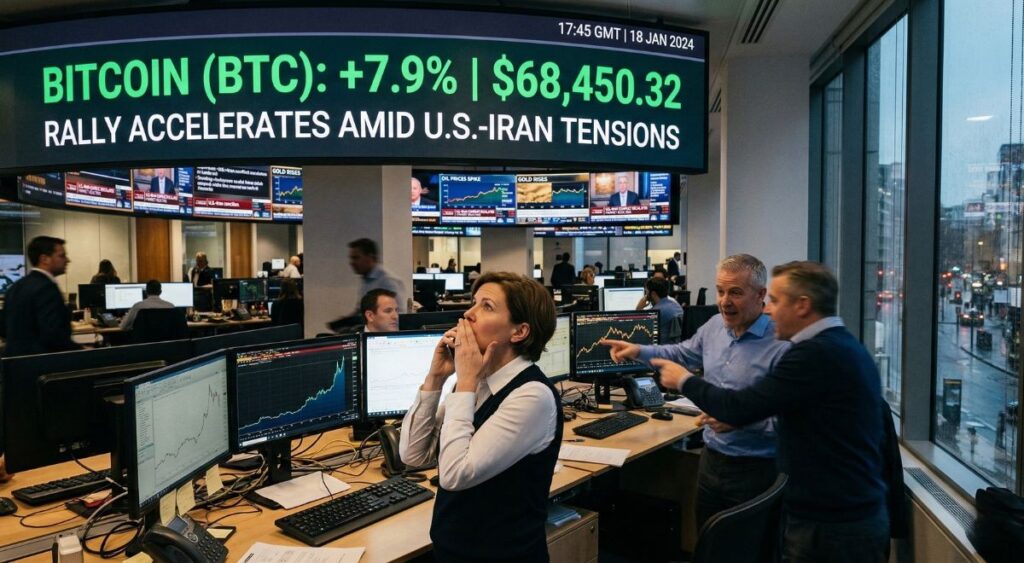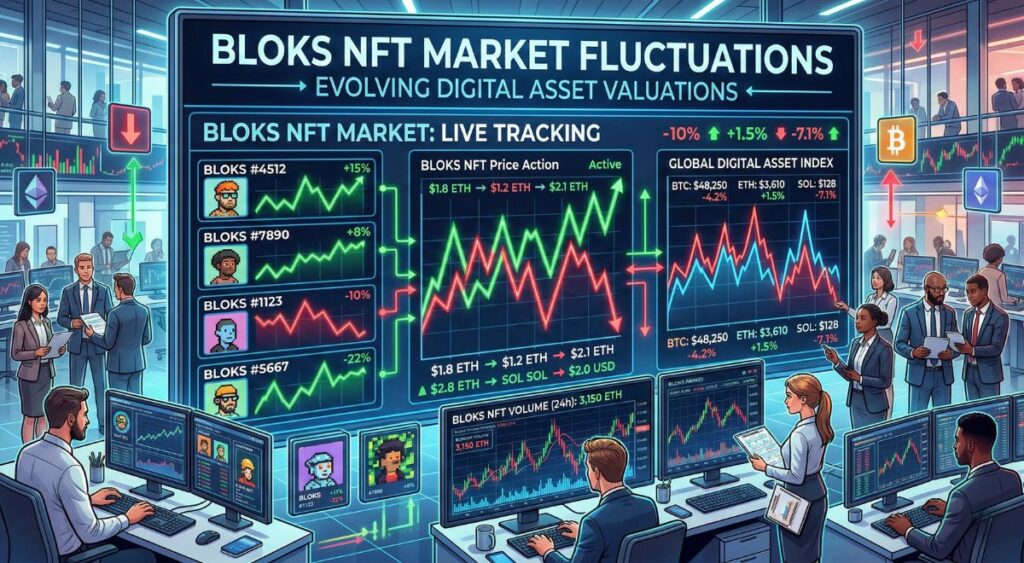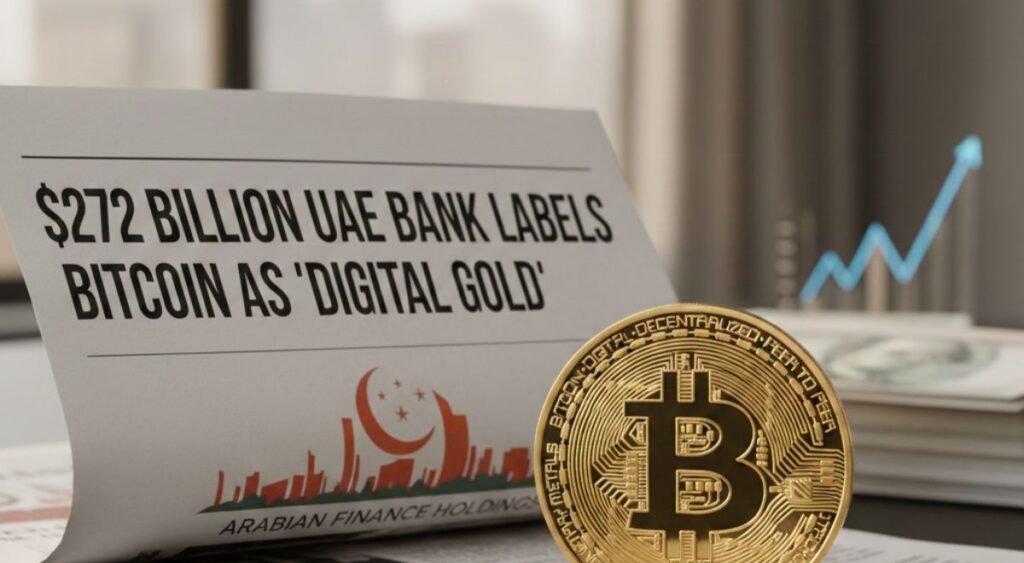Nicolas Julia, CEO and co-founder of fantasy sports crypto platform Sorare, says the company remains optimistic about Ethereum’s future, even as it prepares to migrate its entire gaming ecosystem to Solana, a move he described as an “upgrade.”
Last week, Sorare announced plans to transition from Ethereum after six years, aiming to capitalize on Solana’s scalability and user-focused infrastructure. The shift will see Sorare move more than 10 of its sports games and trading card collections to the Solana blockchain by the end of this month.
“It’s not a replacement, it’s an upgrade,” Sorare said in its announcement, signaling that the company views the move as an evolution rather than a departure from its Ethereum roots.
Why Solana?
In an interview with Cointelegraph, Julia explained that Solana had emerged as the most viable blockchain for Sorare’s long-term growth, citing its leadership in several key metrics including revenue, daily active addresses, developer activity, and total value locked (TVL).
While acknowledging that Solana is more centralized than Ethereum, Julia said the network’s design — optimized for speed, scalability, and security — aligns closely with Sorare’s goal of delivering a frictionless, consumer-grade experience for millions of fantasy sports players.
“[Solana’s] growing adoption shows that this bet was the right one,” Julia said. “It’s impressive how far the network has come, especially considering it launched five years after Ethereum.”
Ethereum Still in the Picture
Despite the migration, Sorare insists it is not turning its back on Ethereum. Julia reaffirmed the company’s long-term commitment to the Ethereum ecosystem, noting that Sorare will maintain ETH deposits and continue supporting Ethereum users through an integration with Base, Coinbase’s Layer-2 network.
“We remain very bullish on Ethereum,” Julia said. “It’s a critical part of the broader crypto ecosystem and will continue to play an important role in our platform.”
A Growing Trend Among Major Protocols
Sorare joins a growing list of high-profile blockchain projects that have decided to migrate away from Ethereum in search of improved scalability. Notable examples include 1inch, the decentralized exchange aggregator, and The Graph, a crypto indexing protocol — both of which have integrated with Solana in recent years.
Founded in 2018, Sorare has become one of the most recognizable names in the crypto gaming space, combining fantasy sports with blockchain technology. The platform allows users to buy, sell, and trade licensed digital player cards as non-fungible tokens (NFTs) and build fantasy teams that compete in tournaments based on real-world athlete performance.
With over 5 million users and a valuation of $4.3 billion in October 2021, Sorare is considered one of the “blue-chip” projects in Web3 gaming.
Sports Crypto Faces a Cooling Market
The broader sports crypto market, however, has cooled significantly since the 2021 bull run. According to CoinGecko, the total market capitalization of sports-related tokens currently stands at around $1.17 billion, a steep decline from its 2021 peak.
Platforms like Flow, Chiliz, and Dapper Labs’ NBA Top Shot have also seen activity slow, while DraftKings Marketplace, once a key competitor, shut down in mid-2024.
Sorare’s NFT market has followed a similar trajectory, with its floor price plunging from a high of $91.25 in April 2022 to just $2.21 as of October 12, 2025, according to DappRadar. Nonetheless, daily trading volume remains steady, with between 5,000 and 30,000 transactions per day, similar to levels seen three years ago.
Embracing a Multichain Future
Looking ahead, Sorare plans to adopt a multichain strategy, ensuring its ecosystem remains flexible and interoperable across multiple blockchains.
Julia revealed that the company is exploring high-speed networks like Sui and Aptos, while integrating LayerZero to enable seamless marketplace payments across Solana and Base.
“We’ve considered many options and will continue to keep a close eye on the evolution of high-performance ecosystems,” Julia said. “For now, we remain confident in Solana’s trajectory.”
Addressing Solana’s Network History
While Solana has faced criticism in the past for network outages, Julia said the Sorare team is not overly concerned.
“We’ve become well accustomed to the inevitable imperfections that come with blockchain infrastructure,” he said. “We’ve been more than reassured by Solana’s technology, its team, and its improving stability.”
He noted that Solana’s downtime incidents have become less frequent and are now resolved much faster than before, a sign of the network’s rapid maturation and resilience.
The Bottom Line
Sorare’s migration underscores a larger shift in the blockchain gaming space — from single-chain dependence to a multichain future that prioritizes speed, scalability, and user experience.
While the move to Solana marks a new chapter for the company, Julia’s continued confidence in Ethereum signals that Sorare intends to keep one foot firmly planted in the ecosystem that helped it rise to prominence.

